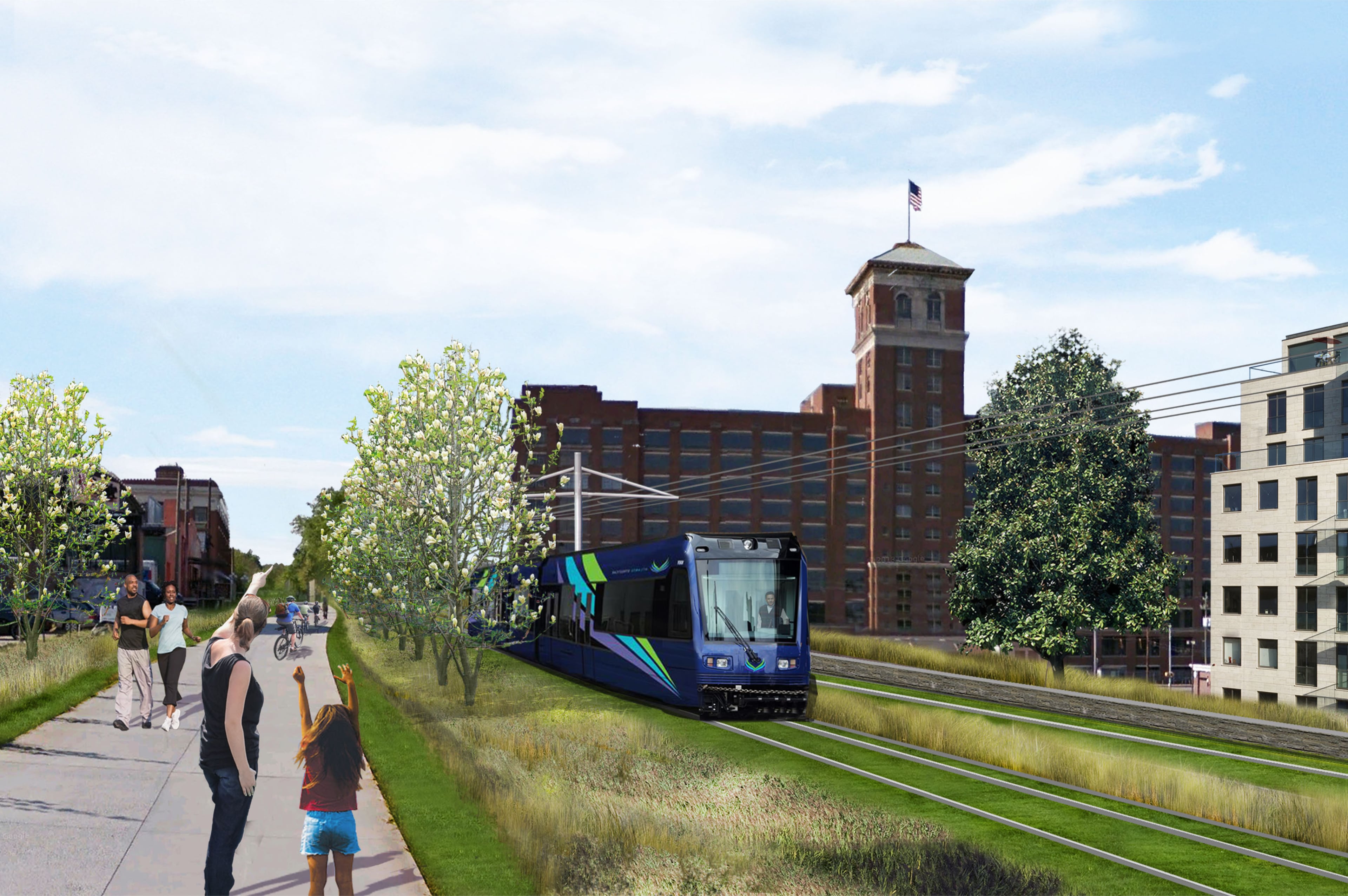Here’s how the One Big Beautiful Bill repairs America’s health care safety net

The One Big Beautiful Bill signed into law by President Donald Trump on July 4 is the cornerstone of the America First agenda.
It locks in the president’s middle-class and small business tax cuts, the largest in history. It also delivers on his pledge to remove taxes on tips and overtime, secures our border and unleashes our energy dominance.
The One Big Beautiful Bill delivers big wins across the board. But one of its most urgent — and long-overdue — course corrections is restoring integrity and accountability to Medicaid, the taxpayer-funded health program that many low-income Americans rely on.
Medicaid was created as a lifeline for America’s most vulnerable, not an open tab. Over the last decade, the program has grown rapidly, while states have failed to keep eligibility files current and payments accurate. In July, the Centers for Medicare & Medicaid Services released findings that 2.8 million Americans were enrolled in two or more Medicaid or ACA Exchange plans, a bureaucratic error costing taxpayers approximately $14 billion annually.
Federal watchdogs have repeatedly flagged high improper-payment rates in the program — which the nonpartisan, nonprofit policy researcher Paragon Health Institute has estimated at $1.1 trillion. This crowds out and drains resources away from the vulnerable patients the program was created to serve. If we want to preserve Medicaid for generations to come, we must match compassion with common sense.
New law creates more accountability
The One Big Beautiful Bill institutes core reforms to protect Medicaid for the most vulnerable, starting with tightening eligibility rules to remove undocumented immigrants currently receiving public benefits funded by hardworking taxpayers.

In Laken Riley’s home state, our Democratic Sens. Jon Ossoff and Raphael Warnock voted against this bill.
It’s indefensible to force Americans to subsidize benefits for those here illegally over those truly in need — low-income pregnant women, children, those with disabilities and the elderly.
One of the most basic promises the government can make is to ensure that benefits go to those who truly qualify. But across the country, outdated systems and lax oversight have allowed millions to remain on Medicaid long after they became ineligible. This is a common source of improper payments and a growing strain on taxpayers.
The One Big Beautiful Bill holds states accountable for conducting regular eligibility checks to safeguard the integrity of the program.
Work requirements were once supported by Democrats

The bill also returns personal accountability to the Medicaid program. Under the status quo, able-bodied adults can remain on the rolls without working or meaningfully engaging with their communities. The One Big Beautiful Bill transforms the existing system by instituting commonsense community engagement requirements, the kind of reforms once lauded by Democrats under President Bill Clinton.
The community engagement requirement can be met through working, participating in job training, volunteering, receiving education or a combination of these for 20 hours a week. It’s simple: If you’re working, learning, serving, or moving toward work, Medicaid will still be there for you.
Nowadays, Democrats claim that community engagement requirements are punitive. Their worldview is that work is a burden, not a bridge to success and independence. In the 1990s, when President Clinton and a Republican Congress enacted work requirements, income rose, and poverty fell. These initiatives help the safety net by promoting upward mobility, not trapping people in dependency. Medicaid is there to be a lifeline, not a lifestyle.
We’ve built in sensible exemptions from the community engagement requirements: veterans with a total disability rating; individuals with serious medical needs or specified disabling conditions; parents, guardians, and caregivers of children under 14 or of people with disabilities; and those facing short-term hardships like hospitalization or natural disasters. Real life happens. Good policy should account for it.
America needs to get cost of living and inflation under control
The fiscal benefits of these reforms are substantial: stronger eligibility verification, straightforward community engagement requirements, reductions in corporate welfare, and enhanced fraud prevention.
Nearly $1 trillion in cuts will help stabilize Medicaid for future generations, reduce inflationary pressure, and restore fiscal sanity after years of blank-check governance. We have an obligation to preserve Medicaid for those who truly need it while also protecting hardworking taxpayer dollars. In the end, not a single Democrat voted for these reforms. Instead, they voted to continue former President Joe Biden’s spending spree that squeezed working families. Inflation soared. Debt exploded. America veered toward fiscal ruin.
President Trump’s One Big Beautiful Bill gets America back on track in a big way, and I am proud of the work of my congressional colleagues to get it over the finish line. It’s a landmark achievement — real relief for workers, real guardrails for taxpayers, and real accountability for government at every level. It is a package of promises kept to the American people. And it’s one big, beautiful step toward a stronger, freer and more secure America.
Republican U.S. Rep. Buddy Carter represents Georgia’s District 1 in the U.S. House of Representatives. He announced his run for the GOP Senate primary in 2026 and seeks to challenge incumbent Democratic U.S. Sen. Jon Ossoff.

